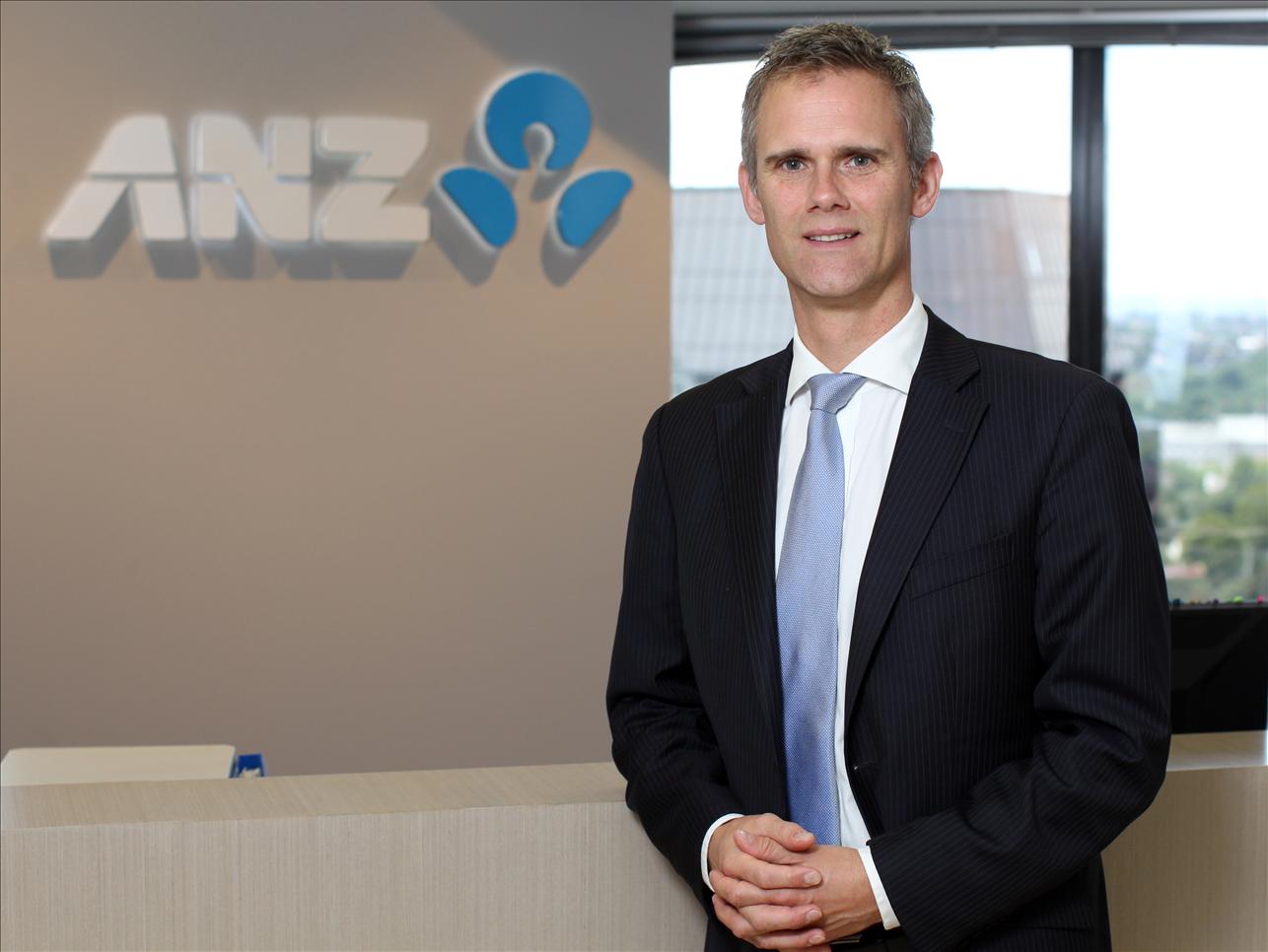While New Zealand continues to enjoy the status of being ‘the least corrupt country in the world,’ it is increasingly being exposed to a number of risks, which must be properly addressed, according to the Wellington based New Zealand Chapter of Transparency International (TI-NZ).
Transparency International (TI), the global body, which has its Secretariat in Berlin (Germany) had, in its 2012 Report, rated New Zealand as a country with the lowest level of corruption, along with Denmark and Finland, based on its annual Corruption Perceptions Index (CPI).
New Zealand has maintained this record for the past seven years on its own or tied with Nordic countries or Singapore.
However, TI-NZ has expressed concern in a number of areas, the most important of which is Public Procurement.
Fraud potential
In its ‘Emergent Findings,’ that are a part of its Integrity Plus National Integrity System (NIS) assessment released at a public forum on May 8, 2013, the organisation warned of the potential for fraud.
“Conflict of interest is high in small entities, in organisations with infrequent procurement and on an individual scale it is open to fraud.”
“It also provides a context for corruption in cases where the procurement process lacks robust governance. New Zealand’s exposure to corrupt practices around procurement is increasing with the changing geography of trade and purchasing patterns. Over 46% of New Zealand imports are sourced from Asia where levels of corruption are very high and as the government sector increasingly adopts procurement systems focused on lowest cost, it has greater exposure to products (and services) sourced from those markets,” a TI-NZ communication said.
NIS is a comprehensive study expected to be more consultative and more effective than the first report published about ten years ago.
According to the communication, “This project is a substantial commitment on the part of TI-NZ and its partners to create a definitive roadmap for a corruption intolerant New Zealand.”
Former Banking Ombudsman Liz Brown has undertaken a study on the impact of corruption in other countries. Incorporating an ‘External Perception Index,’ the findings of that study are expected to be made public shortly.
The First Wave
The Emergent Findings included the first draft pillar and sub-pillar reports that emerged from the core research undertaken as part of the Assessment for use as a basis for further consultation and discussion.
Among the issues considered were Judiciary, Electoral Management, Ombudsman, Supreme Audit Institution (Office of the Auditor General), Media, Public Sector Components, Fiscal Transparency, Environmental Governance and Procurement.
According to a TI-NZ statement, New Zealand has a high level of fiscal transparency, at the level of international best practice and that there has been a further welcome improvement in recent years.
But it said non-financial disclosure needed improvement.
Good governance
In an article written for this newspaper (February 1, 2013) TI-NZ Patron and former Governor General Sir Anand Satyanand had said that the era ahead would emphasise trade with a number of countries in new areas.
“It will be increasingly important for New Zealand companies to maintain approaches where there is resistance to payment of bribes and facilitation fees, which are not warranted by price or service,” he had said.
 Fred Ohlsson, Managing Director (Business Banking) at ANZ said that good governance is vital in the financial services sector.
Fred Ohlsson, Managing Director (Business Banking) at ANZ said that good governance is vital in the financial services sector.
“New Zealand has a proud reputation of being a safe and stable place to invest and do business. Our banks are considered among the best managed in the world. We recognise that a strong banking sector is an important part of a strong economy,” he said.
Mr Ohlsson said that ANZ can lead by example in managing the business in accordance with global best practices, supporting a regulatory framework that encourages transparent and accountable business practices, and living up to our values of being accessible, fair and supportive to our customers.
“We understand that we are an integral part of communities around New Zealand, and that our knowledge of money, personal finances and banking can help others. As such, we are proud supporters of greater financial literacy through our Money Minded programme,” he said.
The Lecture
Accountability, transparency, integrity and good governance are the principles followed by Sir Anand Satyanand, former Governor General of New Zealand, who currently holds a number of posts in New Zealand and overseas.
In establishing the Indian Newslink Sir Anand Satyanand Lecture, a forum has been created for corporate leaders, government officials and decision makers to exchange ideas and information on how best to promote ideals of openness and honesty in their professional and individual dispositions.
Mr Ramayah, Executive Chairman of Medtech Global Limited will be the Guest Speaker at this year’s Lecture to be held this month (see below for details)
The core theme of his address would be, ‘Transparency: Myth or Reality.’
Mai Chen, Managing Partner (and a Founding Partner) of Chen Palmer Public & Employment Law Specialists and Adjunct Professor (Commercial and Public Law) at the University of Auckland Business School, will be the Master of Ceremonies.

Major organisation
Medtech Global is a publicly listed company on the ASX. The Company has been providing award winning technology solutions to the primary healthcare sector worldwide for 28 years.
Under Mr Ramayah’s leadership, the Company has expanded its offerings in Australasia in primary, secondary and tertiary healthcare, and increased its market share in New Zealand, Australia, India, Ireland and the US.
Ramayah is also Chairman of Cereus Holdings Limited, an investment holding company whose investments in New Zealand, Australia, Asia and Europe include health and bio-informatics, bioscience and information technology.
He is also Chairman of Bionova Holdings Limited, a biotech company involved in tissue engineering based in Melbourne, Australia.
The New Zealand government appointed him as a Trustee of the Asia New Zealand Foundation in 2002 based in Wellington. He is a member of the Executive Committee of the Foundation.
Photo Caption:
1. Sir Anand Satyanand
2. Fred Ohlsson






